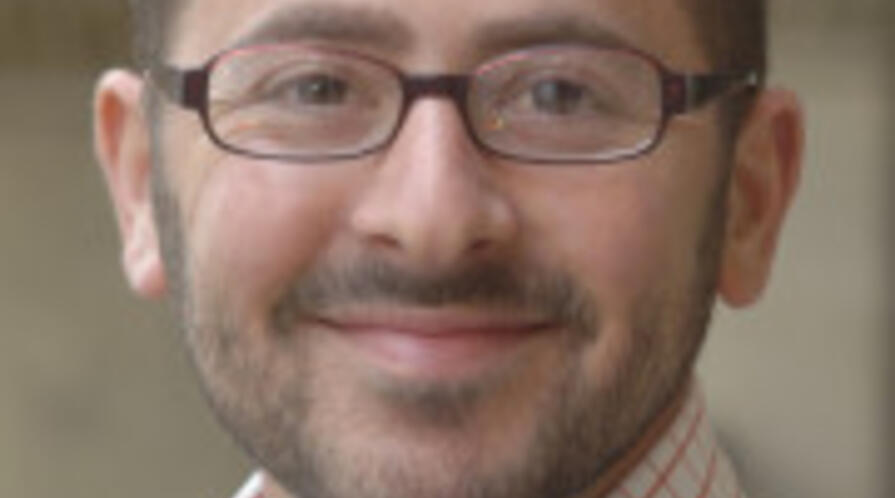For more than thirty years, Shorenstein APARC’s Corporate Affiliates Visiting Fellows Program has offered a unique opportunity for affiliate organizations to nominate personnel to spend an academic year at the Center. Since 1982 — one year before the Center even existed — visiting fellows in the program have been sharing ideas, forming connections, and broadening perspectives, from the early years when a handful of visiting fellows were hosted at Galvez House to recent groups of close to twenty visitors each year meeting in Encina Hall’s Okimoto conference room. As a recent visiting fellow observed, “Academically, professionally, and personally, the different perceptions I have now will change the way I approach and understand my future work.”
The present cohort of visiting fellows represents organizations in China, India, Japan, and Korea, and each fellow brings years of practical experience and an international perspective that informs and enriches the intellectual exchange at the Center and at Stanford University. A majority of the current affiliate organizations have participated continuously in the program for the past five years, or even longer.
The program — ideal for mid-career managers who wish to deepen their knowledge on topics relevant to their work — has fellows participating in a structured program, which includes creating an individual research project; auditing classes; attending exclusive seminars; and visiting local companies and institutions. In addition to broadening their views through interaction with world-class scholars, visiting fellows can network with managers from different countries and corporations.
With such an array of activities, every day in the life of a visiting fellow is different, and every year differs as well. The core research goal remains constant, but the changing composition of each group — more female fellows, varied professional backgrounds, and new countries joining the mix — keeps the program exciting and unique. One of the earliest visiting fellows from one of the longest-standing affiliate organizations put it best: “Shorenstein APARC, Stanford University and, more broadly, the Silicon Valley are culturally unique, and this program offers a great opportunity to understand some of the ins and outs and different mindsets that make the region so successful.”
The wide variety of participants has possessed an equally broad range of interests. Over the past three decades, visiting fellows have pursued research on topics ranging from “The Deregulation of Telecommunications Industries in Japan and the United States” to “Northeast Asian Interdependence;” from “Corporate Governance & Energy Management” to “Advanced Tools for Complete Characterization of Biopharmaceutical Products” to “Risk Management in Large Commercial Banks in China.”
Once visiting fellows return to their home institutions, the Corporate Affiliates Program stays connected with alumni, allowing it to maintain close partnerships with not only its affiliate organizations, but also with all of the people who have passed through the program. The alumni network has grown to more than 350, with many individuals holding prominent positions in both the corporate and governmental sectors, working in countries around the world including Russia, France, Indonesia, and Australia. Recent alumni events held in locations like Seoul and Tokyo have kept the program in close contact even with those visiting fellows who came through the Center during the early years.
The Corporate Affiliates Visiting Fellows Program thrives by bringing together a diverse international group, and through the shared experiences of research and study at Stanford University. It creates long-lasting bonds and a new community — one that enriches the university and finds within itself new, constructive perspectives. Ultimately, the hope is that these experiences will over time contribute to stronger U.S.-Asia relations.
SimpleViewer requires Macromedia Flash.
Get Macromedia Flash. If you have Flash installed,
click to view gallery» Large gallery: Highlights from Corporate Affiliates Program activities













